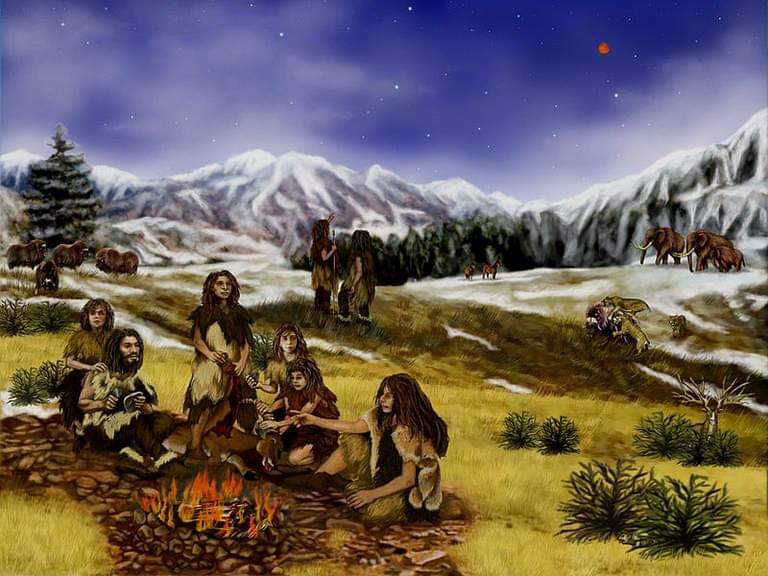When someone asked anthropologist Margaret Mead what she considered the first evidence of civilization her answer was surprising. One might expect she would say tools for food preparation or, hunting, religious artifacts, or creative works. But she felt that the first evidence of civilization was a skeleton with a healed broken femur (thighbone). In the animal kingdom a broken femur is always fatal. The animal could not find food or water, nor could it flee from danger. A human skeleton with a healed femur shows that the person was cared for. Someone carried them to safety and shelter, and made sure they had food and water for a long time. Without medical attention human femurs take six weeks to heal.
We don’t know how long the social distancing will last. Four weeks, six, eight, who knows? What we do know is that we can always be kind; we can always look after one another. There are many ways to care for one another. People who are able to go out and about are shopping for those who cannot. Much gratitude and respect for bringing needed supplies. Folks in self-isolation can also participate in deeds of blessing and mercy by keeping in touch with friends and family. Many people say they are keeping in touch more now than before the pandemic. Why not email, message, call, or send a short note. It will mean a lot to someone.

